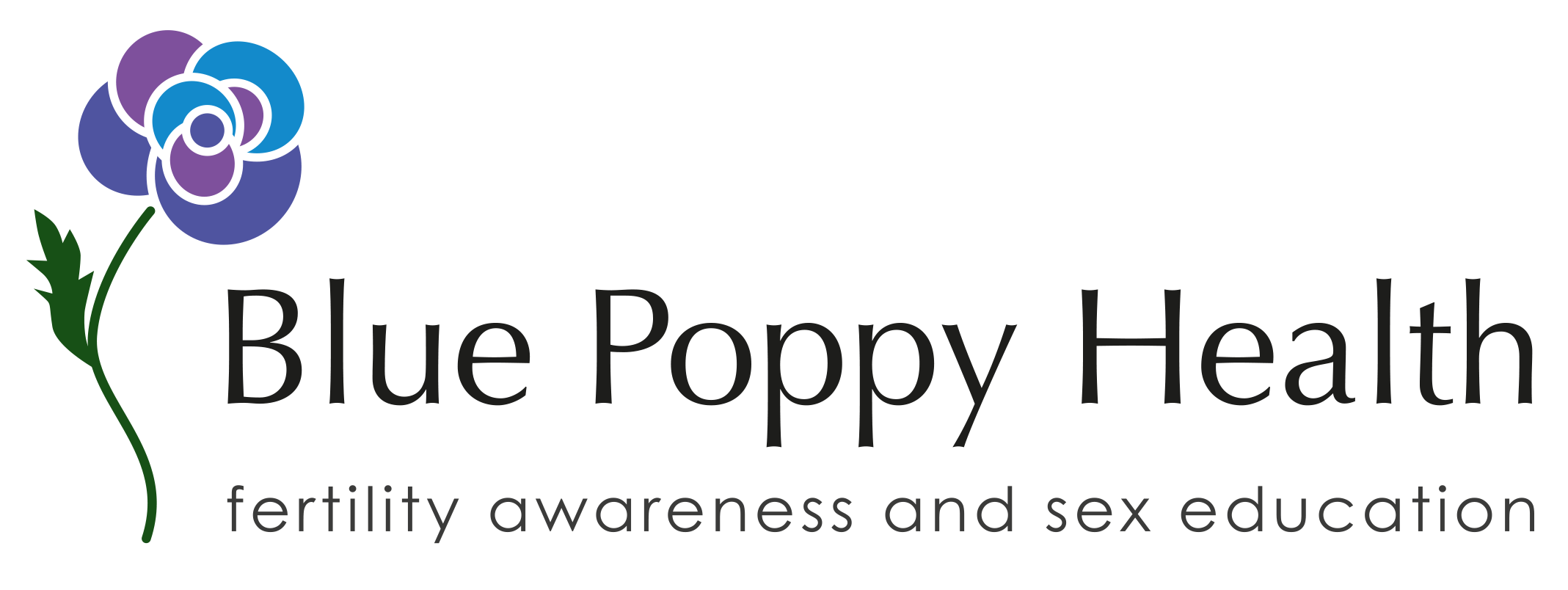 Polycystic Ovarian Syndrome (PCOS) Awareness Month is September. This affects about 10% of women yet many don’t know they have it, and those who do know often are misguided about what it means. I’m here to debunk some of the myths and help get the truth out there.
Polycystic Ovarian Syndrome (PCOS) Awareness Month is September. This affects about 10% of women yet many don’t know they have it, and those who do know often are misguided about what it means. I’m here to debunk some of the myths and help get the truth out there.
1. An ultrasound is not good enough for a proper diagnosis
Many physicians will see that you have irregular periods, order an ultrasound, and determine that you have PCOS if they see cysts in the ovaries. This is not good enough for a proper diagnosis!
The fact is that many women have cysts in their ovaries (regular egg growth near ovulation will show cysts) and there are a million reasons you might have irregular periods that have nothing to do with PCOS!
It’s important to get your hormones measured because there are some common markers, such as higher than normal androgens (male hormones), insulin, and luteininzing hormone, as well as changes to your cholesterol levels. Combine this with irregular periods, and signs of androgen excess such as acne, excess body hair growth, or patches of hair loss on the head and you probably have PCOS.
2. The birth control pill does not “cure” or “fix” PCOS
Many physicians will give the birth control pill to people with PCOS to manage irregular periods. The fact is that the pill does not cure PCOS, and it does not regulate your cycles.
What the pill does is induce a monthly bleed, but it’s not a true period because you are not ovulating when you are on the pill. It’s just a fake bleed from a fake cycle.
If you truly want to get to the bottom of your hormonal imbalance issues and improve your health you need to stay off the pill and let your body produce hormones naturally. You can then work with diet, lifestyle, supplements, and possibly other medications to improve your health.
3. You are not stuck with your symptoms forever and you can improve your hormone balance
Many people think if they have PCOS they are stuck with it forever, but you can do things to improve your health. Insulin (blood sugar) control is a challenge for people with PCOS, so start by cutting out sugars and carbohydrates from your diet and getting some regular exercise. This alone can have a huge effect.
There are also certain supplements that can help. Some people take anti-androgen medications or diabetes medications, but these may not be necessary. Work with a holistic health practitioner like a Naturopath to get specific recommendations for your body.
Many people have reduced their symptoms and regulated their cycles through natural methods, and medication is always an option if you need it.
4. Having regular periods is important, even if you don’t want kids (now or ever)
I’ve said this before and I’ll say it again – it’s important to have a healthy hormone balance for the overall health of your body, regardless of your desire for children. So even if you don’t want kids (now or ever) it’s a good idea to work on improving your cycles.
5. Having PCOS does not mean you are infertile or unable to have a baby
There is a misconception that having PCOS means you are infertile or unable to have a baby but it’s not exactly true. What POCS means is that you ovulate infrequently, which means there are less eggs available to potentially lead to a pregnancy so it could take longer to get pregnant.
This is why charting your cycles and being able to identify when you ovulate is important so you know when is a good time to try for your little bundle of joy. And taking steps to improve your hormonal health means more regular cycles, more ovulation, and more eggs potentially available for pregnancy.
6. Charting your cycles and the fertility awareness method (FAM) work and are a good idea for people with PCOS
One of the beautiful things about FAM is that once you know how to do it you can apply it to any cycle and hormonal situation. Even if you want to use FAM for birth control the method still works with irregular cycles! Once you know how to observe for mucus and how to determine days of fertility and infertility you can apply it to whatever cycle you have.
Another great thing about charting your cycles is that there are common signs of PCOS on the chart that you can see and that we can look for together. You can then monitor these signs and observe your improving health as you take steps to better hormone balance.
Check out my article: What is PCOS?
Do you have PCOS or think you might? Want help making sense of your cycles? Check out my programs or contact me and we can improve your hormonal health together.

